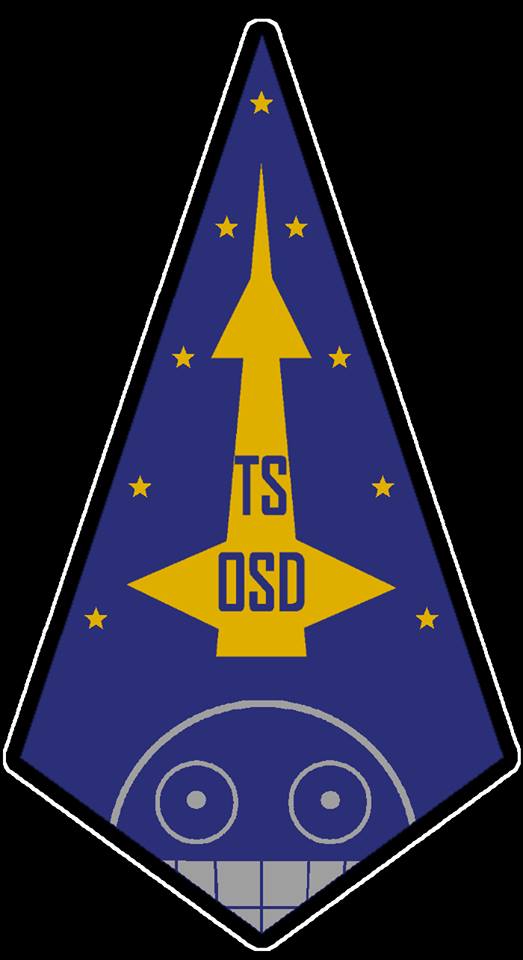-

Archives
- April 2018 (1)
- August 2017 (1)
- March 2017 (2)
- May 2016 (1)
- March 2016 (2)
- August 2015 (8)
- May 2015 (1)
- April 2015 (1)
- March 2015 (1)
- July 2014 (1)
- May 2014 (1)
- December 2013 (1)
- November 2013 (1)
- October 2013 (1)
- September 2013 (1)
- June 2013 (1)
- April 2013 (1)
- February 2012 (1)
- November 2011 (1)
- July 2011 (1)
- June 2011 (1)
- March 2011 (1)
- February 2011 (1)
- November 2010 (2)
- August 2010 (1)
- June 2010 (1)
- May 2010 (1)
- September 2009 (1)
- June 2009 (1)
- December 2008 (1)
October 2024 M T W T F S S 1 2 3 4 5 6 7 8 9 10 11 12 13 14 15 16 17 18 19 20 21 22 23 24 25 26 27 28 29 30 31 Tags
Tag Archives: OSD
M31: The Andromeda Galaxy
What is the nearest major galaxy to our own Milky Way Galaxy? Andromeda. In fact, our Galaxy is thought to look much like Andromeda. Together these two galaxies dominate the Local Group of galaxies. The diffuse light from Andromeda is caused by the hundreds of billions of stars that compose it. The several distinct stars…
The Seagull Nebula
A broad expanse of glowing gas and dust presents a bird-like visage to astronomers from planet Earth, suggesting its popular moniker – The Seagull Nebula. This portrait of the cosmic bird covers a 1.6 degree wide swath across the plane of the Milky Way, near the direction of Sirius, alpha star of the constellation Canis…
Puppis A Supernova Remnant
Driven by the explosion of a massive star, supernova remnant Puppis A is blasting into the surrounding interstellar medium about 7,000 light-years away. At that distance, this colorful telescopic field based on broadband and narrowband optical image data is about 60 light-years across. As the supernova remnant expands into its clumpy, non-uniform surroundings, shocked filaments…
The Large Cloud of Magellan
The 16th century Portuguese navigator Ferdinand Magellan and his crew had plenty of time to study the southern sky during the first circumnavigation of planet Earth. As a result, two fuzzy cloud-like objects easily visible to southern hemisphere skygazers are known as the Clouds of Magellan, now understood to be satellite galaxies of our much…
Collinder 399: The Coat Hanger
Is this coat hanger a star cluster or an asterism? This cosmic hang-up has been debated over much of last century, as astronomers wondered whether this binocular-visible object is really a physically associated open cluster or a chance projection. Chance star projections are known as asterisms, an example of which is the popular Big Dipper.…
Meteors and Milky Way over Mount Ranier
Despite appearances, the sky is not falling. Two weeks ago, however, tiny bits of comet dust were. Featured here is the Perseids meteor shower as captured over Mt. Rainier, Washington, USA. The image was created from a two-hour time lapse video, snaring over 20 meteors, including one that brightened dramatically on the image left. Although…

